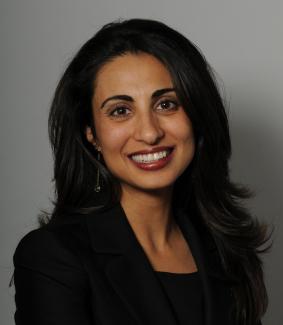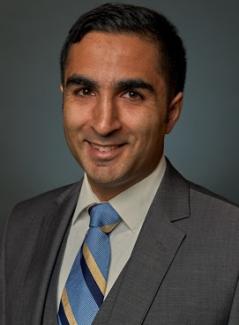Learning to learn by learning to teach
Motivating public service workers is a primary concern of government institutions as they pursue approaches to improve state effectiveness. From a staffing perspective, several state-funded public service workers are public school teachers. This is the case in Uganda, which has very high rates of teacher absenteeism, even though its teachers seem to be more competent than other teachers in East Africa.
The most common approach to motivate public service workers is to increase their pay. In Uganda, the Ministry of Education and Sports (MOES) has recently increased the pay of primary school teachers by approximately 50% over the last 4 years. While this policy has enabled the teacher union and MOES to advance conversations on methods of improving the quality of learning, the question of motivation has remained. Indeed, existing academic literature points to the fact that it is not uniformly the case that material incentives (including pay for performance) increase teacher effort and student learning.
The MOES has thus shown interest in learning about alternative (non-monetary) methods of improving public service delivery by, one, understanding how recruitment strategies can attract highly motivated skilled workers, and, two, how training methods can tap intrinsic sources of motivation. This study addresses these topics with the following approaches:
- The research team, together with the Teacher Instruction, Education and Training (TIET) department, aim to leverage past research on recruitment of public sector workers to determine how to recruit the most effective teachers in hopes of improving the quality of education delivered. They will examine the effect of past changes in teacher recruitment policies, in addition to designing new policies.
- The researchers suggest a previous teacher training program that re-orients teachers’ attitudes towards knowledge through a novel pedagogical approach (i.e. the ability to understand the role of theory and to construct hypotheses). Interviews with teachers, parents, students and community members find that as teachers begin to view themselves as community scientists, their intrinsic motivation is increased by a reorientation of relationships between teachers and students, parents and community members.
Together with the MOES, the researchers aim to engage in a process of knowledge co-generation to better understand how teacher training can combine with recruitment strategies to enhance teacher motivation.



